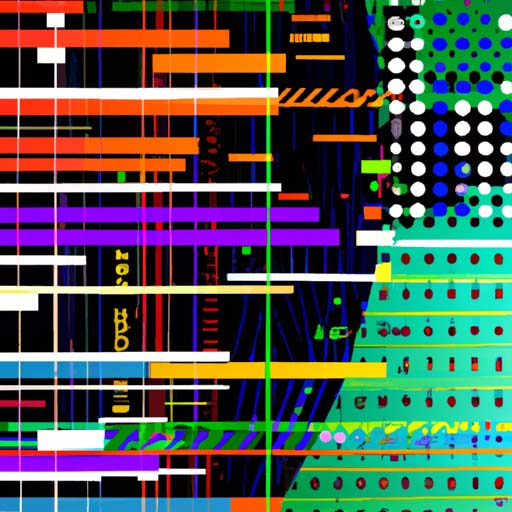- Author and Computer Science professor Cal Newport argues that we need to move away from accepting all technology advancements indiscriminately, and instead shift towards “techno-selectionism.”
- This concept involves actively choosing and supporting technologies that significantly improve our lives, and rejecting those that cause more harm than good.
- Newport cites concerns over the mental-health impacts of social media on teenagers, the misuse of automated AI technology in writer’s rooms, and the unauthorized use of copyrighted books to train AI models as examples of the need for a more critical approach.
- The author also suggests that this shift is already happening, attributing the change to increasing public awareness and concerns over the negative side effects of technology.
In his article, “It’s Time to Dismantle the Technopoly”, Cal Newport asserts that society has reached a stage where we need to critically evaluate technology and its overarching impacts. He terms this approach “techno-selectionism”, highlighting the need to selectively adopt technological advancements that have a net positive impact on our lives, while critically viewing those that create harm.
Newport points out that the hasty acceptance of all new technologies and tools, despite their negative consequences, has led to a culture he terms “technopoly,” where technology has dominated and overpowered traditional values and norms. Such unchecked acceleration of technological progress can have harmful and far-reaching implications. For instance, he delves into concerns surrounding AI-generated content, where technological advances are pushing jobs and copyright boundaries. Similarly, he underscores the significant impacts of social media on teen mental health.
The author suggests that our approach to technology needs to shift from universal acceptance to active curation, irrespective of the scale – personal decisions, community norms, or civic regulations. He maintains that curative decisions, although often messy and complicated, are key in ensuring that we aren’t manipulated by harmful technological advancements.
Notably, Newport implies that this shift towards techno-selectionism has already begun. He pinpoints growing awareness and increasing criticisms towards harmful technology as indicators of this transition. However, he asserts that it still demands an active, concerted effort from us to ensure the technology we adopt serves to improve our lives rather than causing harm, all while maintaining our autonomy and control.
